The Harsh Reality of Getting To and Paying For College
 Unlike many teachers, a high school band director can have a student for four years or more. Sometimes, the high school director is also the middle school teacher, so those students can have the same teacher for seven years. They come to the high school as curious freshmen and develop exciting dreams. Sophomores are excited about the colleges they will attend and what they will do. They want to go to the higher level, name brand universities for law school, med school, music school.
Unlike many teachers, a high school band director can have a student for four years or more. Sometimes, the high school director is also the middle school teacher, so those students can have the same teacher for seven years. They come to the high school as curious freshmen and develop exciting dreams. Sophomores are excited about the colleges they will attend and what they will do. They want to go to the higher level, name brand universities for law school, med school, music school.
But then, sometime during Junior year, it seems, the realities of less than stellar grades and parents balking at the published prices of the dream schools begin to crush and shatter that earlier enthusiasm and optimism.
A quote I hear too often, and the main motivation for writing this book, goes something like:
“I really wanted to go to [Name Brand] University, but I’m going to have to go to [Community] College and commute from home – because it is what we can afford.”
What Crushes Their Dreams?
They are not stupid, but might be ignorant
When Middle School 8th graders become high school freshmen, they can have a glazed-eye look about them. They are coming from a smaller setting where they had pods and teams of teachers who spent significant time helping them not only get through the educational process, but also to smooth their often traumatic entrance into the teen years. Suddenly, they get to the high school where the building is bigger (easier to get lost), there are more people, more classes, they have more teachers who have less time to hold their hands and who will hold them to a higher level of accountability. They’ve been the big-dogs on the middle school campus and now are at the bottom of the high school heap. The good news is that most successfully navigate the transition and are set for success.
As they experience the increasingly specialized high school classes, they get excited about topics or classes they like. They develop big dreams. Often, by the end of freshman or sophomore year, they are going to go to the name brand school; Law School, Music School, Medical School. These are exciting times.
Unfortunately, factors can dampen their spirits and dash their hopes:
- Classes are harder, expectations higher and grading is less forgiving. Students who have always gotten all “A’s” can encounter some grades they’ve never seen before. Most make the adjustment, but some become discouraged and give up.
- They are negatively influenced by the mediocrity of the general student population. There is intense peer pressure to do as little as possible. Unless highly self-motivated, positively influenced by strong teachers or from home, the slide to do as little as possible progresses.
- They struggle with seeing the long-term. When I talk to band freshmen about an award they can receive senior year, but that requires some things that they must do freshman year, one of the challenges is to get them to see that far ahead. If you want to see some rolled eyes and crossed arms, just try telling freshmen about the super high standards of top-tier colleges.
- Some smart students will coast along – because they can. Students won’t get in trouble in a public high school for getting a B or C grade. No. The emphasis is on RTI, on intervening on behalf of failing students. Teachers are pressured to have a rigorous class and to do everything they can to pass everybody. The goals tend to center around aiming for that 80% mark. Teachers can be punished for having too many low grades, but are not rewarded for high grades, so by default, the idea of average and mediocrity, if not encouraged, are at least tolerated – and become the norm.
By the time students reach junior and senior years and begin to see the next level, their grades and past practices can knock them out of consideration. The problem is less that they couldn’t have done it than that they didn’t know. They’re not stupid, just ignorant.
They treat college prep the same way they treat high school homework
Just a few weeks into freshman year at his top-tier university, my son called to tell me about his first English class paper.
“Dad, I’ve got a grade on this paper that I’ve never seen before.”
When I asked him what he had done differently, the response was….
“I did what I always did in high school. I waited until the night before it was due and then wrote the paper.”
He discovered that the bar was set higher there.
I hear students discussing (or watch some of their social-media posts) about a paper they are writing for another class. Here are typical statements:
200 words down – 300 to go.
Half a page to go – if I increase the font and adjust the margins very slightly, maybe [teacher] won’t notice.
Does anyone have a paragraph I can borrow about…
The goal is not excellence, but average. Students demonstrate realization that the system’s goal is not to get an ‘A’, but to meet the assignment. We unintentionally encourage the problem by emphasizing meeting minimum standards or expectations. We don’t strive for excellence, but to meet or slightly exceed the standard, the minimum, the average. Administrators praise teachers when they can display on the big screen a graph showing their school ever so slightly ahead of the state average. The school where I teach celebrated receipt of a ‘B’ (one step up from average) rating from the state. No one talks about becoming the best school in the state. That kind of talk seems reserved for athletics and the arts, not so much for academics.
The GOOD NEWS is, that if the goal is to get into the community college or the big state university, that approach will probably work. But for these freshmen and sophomores with those big dreams of becoming the lawyer, the doctor, the engineer or the professional musician, those are not the “standards” that make it in the top tier schools – or in life.
They take what comes and go with the flow
Given their life history, why are we surprised? Teens coming into high school have had almost no control in their life story. They didn’t choose their parents, or where they live, or what economic condition they would endure. They have moved away from their friends as the parents get jobs or flee bill collectors. They are the unintended wounded in divorces and then have to “learn” to get along with parental “friends” or to have to go back and forth between parents. They have to learn to become brothers and sisters to someone else’s children. They have two and three bedrooms in different homes. Some jump from home to home weekly while others make a long summer move every year. The reality of single-parent households often includes a poverty component, or an absent parent working multiple jobs to try to make it. And what choice does the teen have?
By the time they get to high school, they are numb to relationship building. When they apply some of the standards and practices they’ve witnessed in their homes to their first boy/girlfriends, they experience similar traumatic results. Hearts are broken, and many erect shields of protection as a defense to both students and adults – including teachers.
So when the realities of their short-sighted focuses, crushed dreams and dashed hopes come to bear as they approach time for college decisions, they default into the same mode they already know so well. They just take it. They go with the flow.
Check out 3 Scholarship Strategies That Worked For Me and Mine
The Harsh Reality of Getting To and Paying For College Read More »


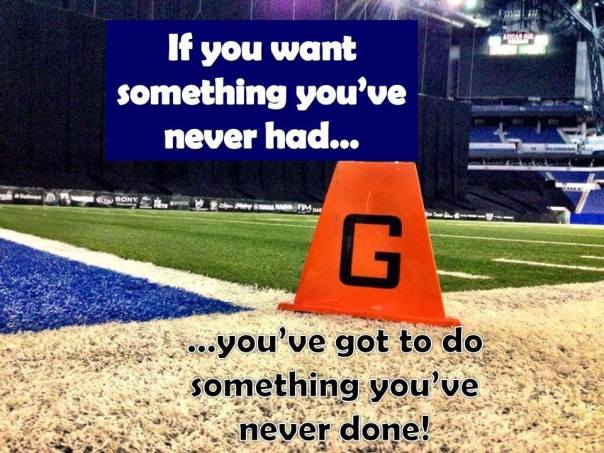
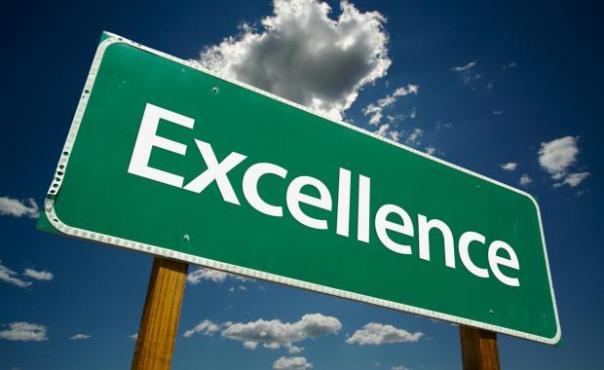
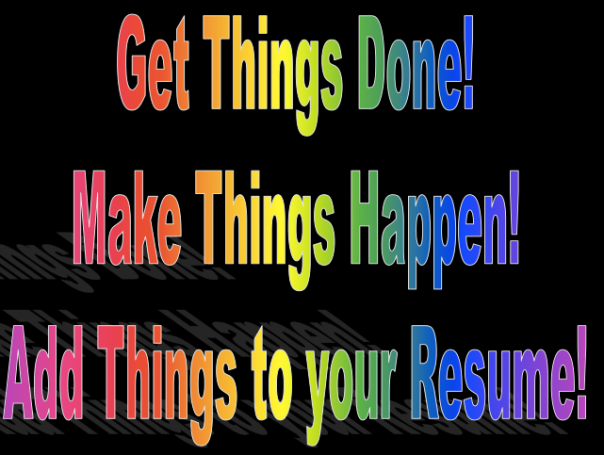
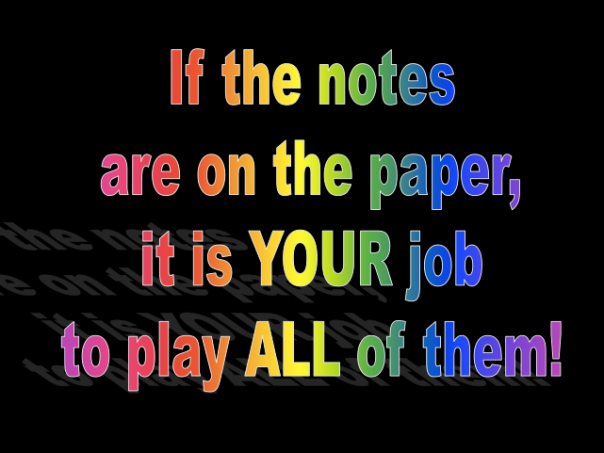

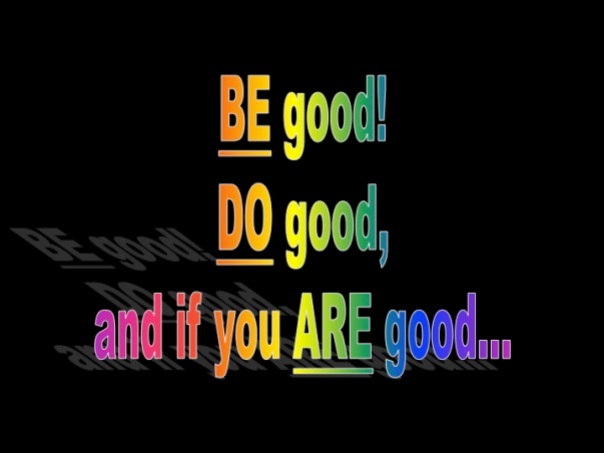
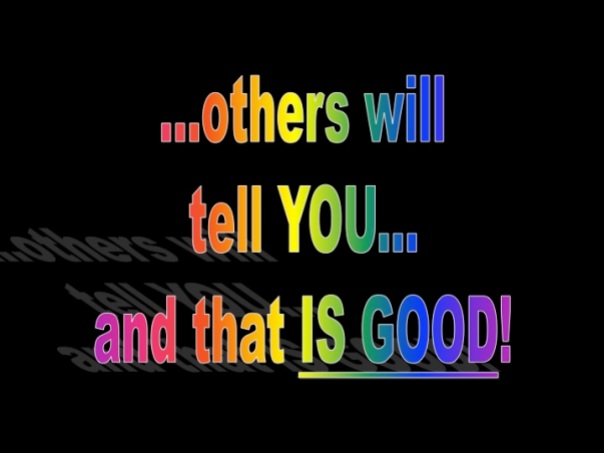









 The PSAT does two important (and valuable) things
The PSAT does two important (and valuable) things
 I was in 9th grade when my band director, who had heard I wanted to be a band director, pulled me aside to tell me that 1) being a band director would require going to college, 2) my family couldn’t afford it, and 3) he had a way, “make yourself valuable”.
I was in 9th grade when my band director, who had heard I wanted to be a band director, pulled me aside to tell me that 1) being a band director would require going to college, 2) my family couldn’t afford it, and 3) he had a way, “make yourself valuable”.